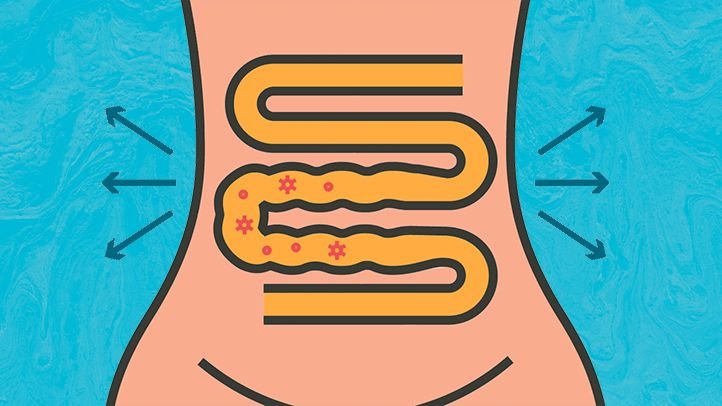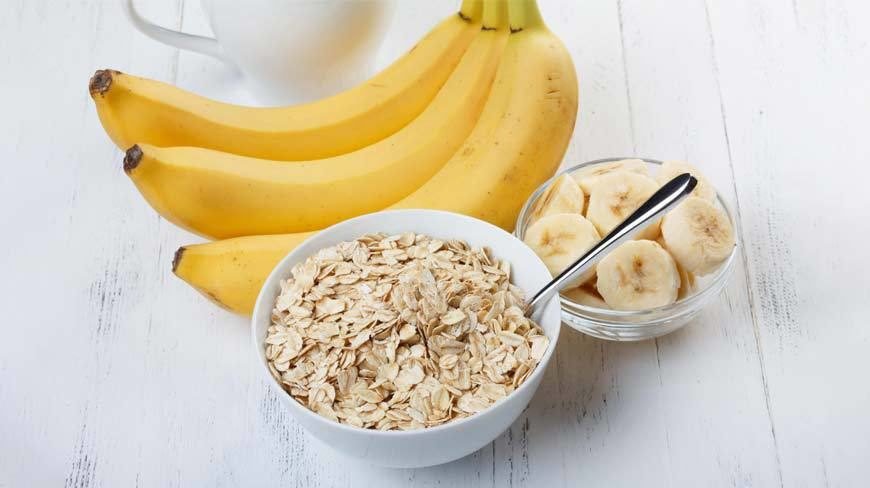
IBS, or Irritable Bowel Syndrome, is a condition that many people live with. It can be difficult to know what to eat when you have IBS because there are so many foods that may aggravate the symptoms of your condition.
In this blog post we will go over foods that you should try eating if you have IBS.
These are all healthy options and they won’t cause any discomfort.
Meal Ideas: Brown rice, quinoa, oatmeal and other whole grains are all good choices for people with IBS.
They contain fiber which is essential in helping the muscles in the intestine contract so that food can pass through more easily.
Fruits and Vegetables: Fruits such as apples, bananas, berries, grapes and melons are great for people with IBS because they contain fiber.
They also have a lot of water which can help to keep things moving through your digestive system more easily.
The same goes for vegetables like broccoli, carrots, cucumber and zucchini.
Protein: Salmon, tuna and eggs are all good choices for people with IBS because they contain less fat than meat does which can cause more discomfort in your stomach. They’re also high in protein which is very important to help build muscle mass as well as keep you feeling full.
Grains: Whole grains such as oats, brown rice and quinoa are recommended for people with IBS because they’re high in fiber which can help regulate bowel movements and lessen stomach cramps.
Nuts/Seeds: Nuts like almonds, walnuts and sunflower seeds are an excellent food choice for those with IBS since they’re high in fiber which will leave you feeling full longer.
Beans: Beans such as chickpeas are an excellent option because they provide folate and protein which can help to regulate a person’s bowel movements.
Fish: Fish is another good food for people with IBS since it contains omega-three fatty acids that have been shown to reduce symptoms of the condition.
Don’t forget to drink plenty of water – this will help keep your digestive system moving.
What causes IBS?

Do you know what causes IBS? The truth is, doctors don’t really know.
There are a few different theories about the cause of irritable bowel syndrome (IBS) but they have not been fully proven yet.
Some people think it could be related to food allergies or intolerances, stress, anxiety, depression, or changes in hormones due to menopause.
This blog post will discuss some of these theories and how they might relate to your health with IBS.
Research has found that IBS is most likely caused by a malfunction in the gut.
One theory is that food particles are not being broken down and they enter your large intestine, irritating it.
In other words, some of our daily activities or things we eat can lead to an IBD (Irritable Bowel Disease).
The number one culprit for causing this problem with bowel movements? Stress!
Other causes could be family history, diet problems, food intolerances etc.
Another theory states that it could be due to abnormal function in serotonin which controls bowel contractions.
While another theory suggests that IBS is caused by inflammation in the intestinal lining.
It triggers an immune response causing nerve cells in our gut to release chemicals like histamine and serotonin affecting how our bowels work.
The symptoms of IBS are often similar to those of more serious conditions like Crohn’s disease and ulcerative colitis but fortunately it doesn’t cause long-term damage to your intestinal lining.
There are many ways you can manage your IBS symptoms including:
- Eating a healthy diet low in sugar and high in fiber
- Exercising regularly and staying hydrated
- Avoiding foods that trigger your symptoms such as caffeine or spicy food;
- Practicing mindfulness meditation
- Using probiotics for gut health support;
- Taking pain relievers like ibuprofen to reduce inflammation and pain
- Using medications for more severe IBS symptoms.
A doctor or dietitian can help you identify the triggers that set off your IBS symptoms so you can avoid them in the future.
Just as there is no cure for IBS there is no single treatment that works best for everyone with this disorder.
What helps one person might not help another so finding what works best can be difficult.
Some doctors recommend dietary changes like cutting out caffeine or gluten.
Others doctors might suggest over-the-counter medications such as anti-diarrhea medication or pain relievers for stomach cramps and spasms.
Foods to avoid with IBS symptoms

IBS is a chronic condition which can lead to discomfort and pain due to irregular bowel movements and weight loss.
Eating the wrong foods can worsen these problems and make them last for hours.
It’s difficult for those who suffer from IBS to know what foods they should avoid, so we compiled this list of common triggers as well as some helpful tips for avoiding them.
- Citrus fruits like oranges, grapefruit, and lemons. These are high in acid which can lead to spasms in the intestines.
- Apples also fall into this category because they contain a chemical called quercetin that is known to cause digestive problems for some people with IBS.
- Dairy products such as milk, yogurt, ice cream. These foods have been shown to increase pain levels for many people with IBS.
- Avoid high-fiber foods such as raw vegetables, whole grains, beans and lentils which may worsen your IBS symptoms.
- Try not to eat anything fried or greasy because this will only make your stomach feel worse.
- Spicy foods such as curry or hot peppers can trigger stomach cramps and diarrhea in those who suffer from IBS.
Another helpful tip is not overeating at meals and getting plenty of rest each night so you don’t have too much food sitting around inside your gut causing gas build up due to indigestion issues.
Be sure to drink plenty of water to keep your intestines from drying up and overproducing gas.
Fiber supplements can help with digestion, too. They are usually in the form of a powder that you add to juice or milk and drink each day.
Start slowly by adding fiber gradually so it doesn’t upset your stomach any more than necessary. You don’t want things getting worse before they get better.
Are bananas good for IBS?

Bananas are great for IBS because they have a low-FODMAP fiber content, which means that they don’t contribute to the symptoms of irritable bowel syndrome.
They also provide potassium, vitamin B6 and other nutrients that can help reduce inflammation and improve digestive health.
They are a good food for people with IBS because they’re high in fiber and low in fat.
However, bananas also contain some sugar so it’s important to eat them sparingly if you have diabetes or an intolerance to fructose.
Bananas can help regulate bowel movements by increasing the size of stools which will lessen stomach cramps as well. They are filled with potassium which is vital for maintaining electrolyte balance
This helps prevent dehydration during periods when diarrhea prevents fluids from being absorbed from the intestines into the bloodstream.
For these reasons, bananas make a great snack that’ll leave you feeling satisfied after eating it. However, don’t forget to drink plenty of water – this will help keep your digestive system moving and avoid constipation.
The next time you’re feeling bloated or constipated, try eating a banana as part of your meal. You’ll be glad you did!
